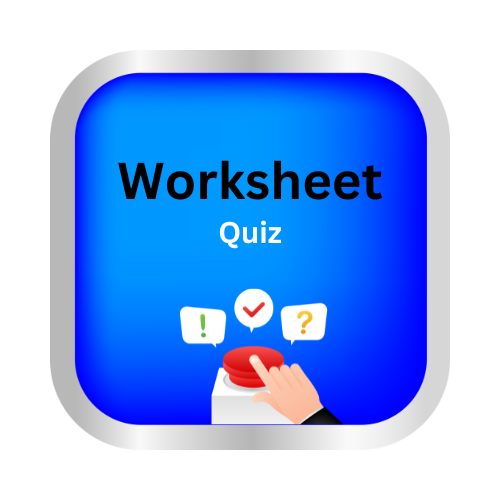Put the sentences in order
key notes:
- Sequence of Events:
- Sentences often describe events in a specific sequence or order.
- Understanding the flow of ideas from one sentence to another is essential for comprehension.
- Sentences usually follow a logical order: Beginning, Middle, End.
- Signal Words for Sequence:
- Words like “first,” “next,” “then,” and “finally” signal the order of actions or events.
- These words guide the reader in understanding what happens and when.
- Logical Connections:
- Look for logical connections between sentences.
- Sentences that describe causes or actions usually come before sentences that describe effects or results.
- For example: “It started to rain” would come before “Everyone opened their umbrellas.”
- Time Order:
- Many texts follow a chronological order, meaning they describe things in the order they happen over time.
- Words like “after,” “before,” and “later” can also help determine the correct sequence.
- Coherence and Flow:
- Proper sentence order ensures the text flows smoothly and makes sense.
- A well-ordered set of sentences helps the reader understand the message or story without confusion.
let’s practice!

